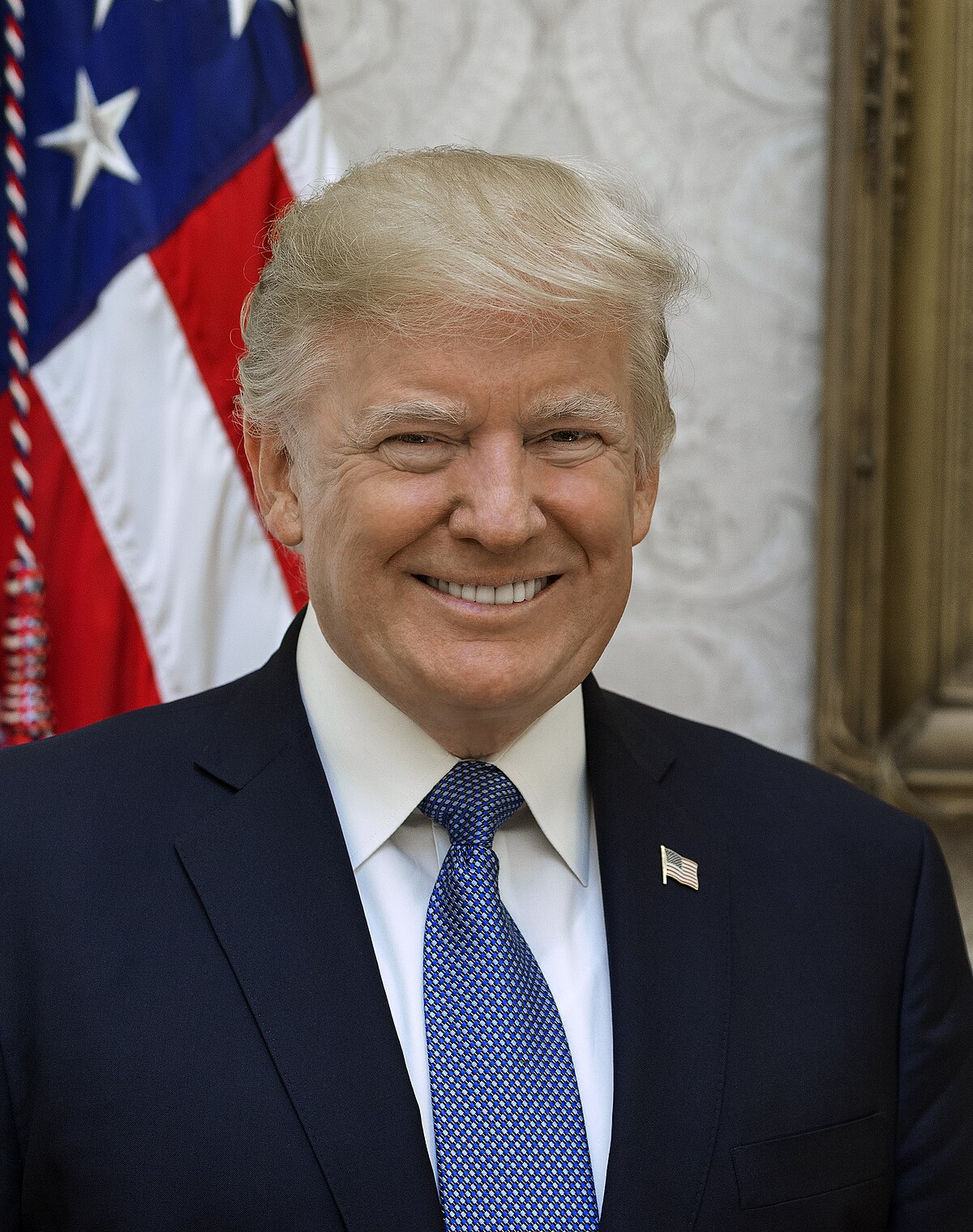Table of Contents
Introduction
Donald John Trump was the 45th president of the United States. He was born and raised in the New York City borough of Queens, and received an economics degree from the Wharton School of the University of Pennsylvania. Trump took charge of his family’s real-estate business in 1971, renamed it The Trump Organization, and expanded its operations from Queens and Brooklyn into Manhattan. The company built or renovated skyscrapers, hotels, casinos, and golf courses. Trump later started various side ventures, mostly by licensing his name. Donald Trump and his businesses have been involved in more than 4,000 state and federal legal actions, including six bankruptcies.
Trump entered the 2016 presidential race as a Republican and defeated 16 other candidates in the primaries. His political positions have been described as populist, protectionist, isolationist, and nationalist. Despite not being favored in most forecasts, he was elected over Democratic nominee Hillary Clinton, although he lost the popular vote.
Donald Trump : Early Life and Career
Donald Trump was born on June 14, 1946, in the New York City borough of Queens. He is the son of Fred Trump, a successful real-estate developer, and Mary Trump (née MacLeod). Trump attended Fordham University for two years before transferring to the Wharton School of the University of Pennsylvania, where he graduated with a bachelor’s degree in economics in 1968.
After graduating from Wharton, Trump joined his father’s real-estate business. He quickly rose through the ranks and took charge of the company in 1971. Under Trump’s leadership, the company expanded its operations from Queens and Brooklyn into Manhattan. The company built or renovated skyscrapers, hotels, casinos, and golf courses. Trump also started various side ventures, mostly by licensing his name.
Trump’s businesses have been involved in more than 4,000 state and federal legal actions, including six bankruptcies. However, he has also been a successful businessman, and his net worth is estimated to be in the billions of dollars.
Political Career
Trump entered the 2016 presidential race as a Republican. He was a political outsider with no prior experience in government. However, he quickly gained popularity among Republican voters with his populist message and his willingness to challenge the status quo.
Trump won the Republican nomination in July 2016, and he faced Democratic nominee Hillary Clinton in the general election. Clinton was the favorite in most polls, but Trump won the election by a narrow margin. He became the first president in American history to win without winning the popular vote.
Presidency
Trump’s presidency was marked by controversy. He was accused of obstruction of justice, campaign finance violations, and sexual misconduct. He was impeached by the House of Representatives in December 2019 for abuse of power and obstruction of Congress, but was acquitted by the Senate in February 2020.
Trump also made a number of controversial decisions during his presidency. He withdrew the United States from the Trans-Pacific Partnership trade agreement, the Paris Agreement on climate change, and the Iran nuclear deal. He also imposed tariffs on goods from China and other countries.
Trump’s foreign policy was characterized by a focus on American interests and a willingness to challenge traditional allies. He met with North Korean leader Kim Jong-un in an attempt to denuclearize the Korean Peninsula, and he imposed sanctions on Iran, North Korea, and Venezuela.
Donald Trump’s impact on the United States
Donald Trump’s presidency had a significant impact on the United States. His policies on trade, immigration, and foreign relations have had a lasting impact on the country. Trump’s presidency also divided the country along political and cultural lines.
Trump’s supporters praised his policies, arguing that he had made America stronger and more prosperous. His critics argued that his policies were harmful to the country, and they pointed to the increased polarization and division that occurred during his presidency.
Trump’s legacy is still being debated. However, there is no doubt that he was a controversial and consequential president who left a lasting mark on the United States.
Legacy
Trump’s presidency remains a controversial topic. His supporters praise him for his economic policies, his tough stance on immigration, and his willingness to challenge the status quo. His critics condemn him for his divisive rhetoric, his attacks on democratic institutions, and his alleged ties to Russia.
Trump’s legacy will likely be debated for years to come. However, there is no doubt that he was a transformative figure in American politics. He won the presidency against all odds, and he shook up the status quo in Washington, D.C.
Conclusion
Donald Trump was a controversial figure who left a lasting legacy on American politics. His presidency was marked by both successes and failures, but there is no doubt that he will be remembered as one of the most consequential presidents in American history.

